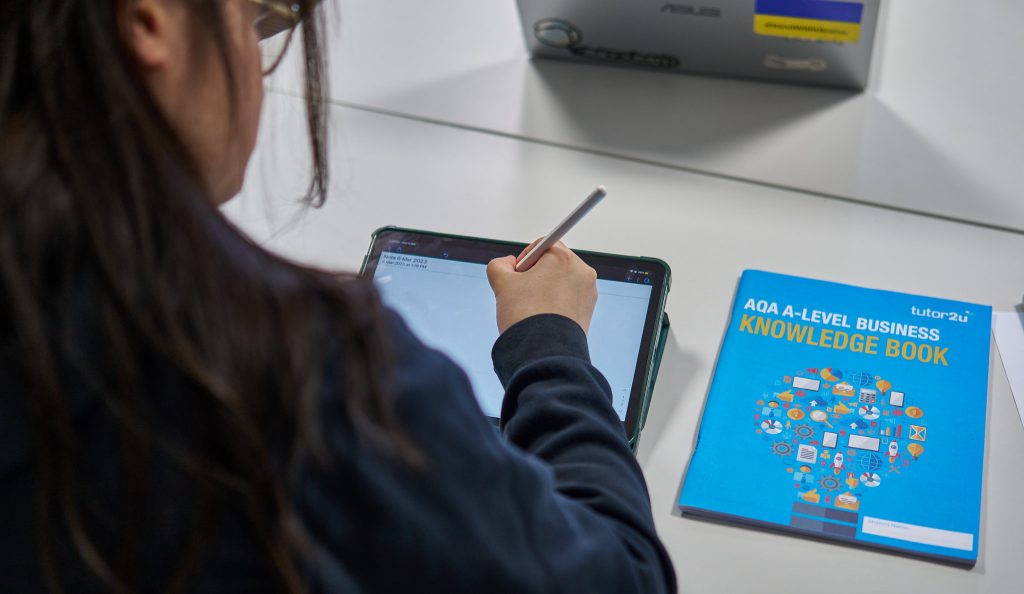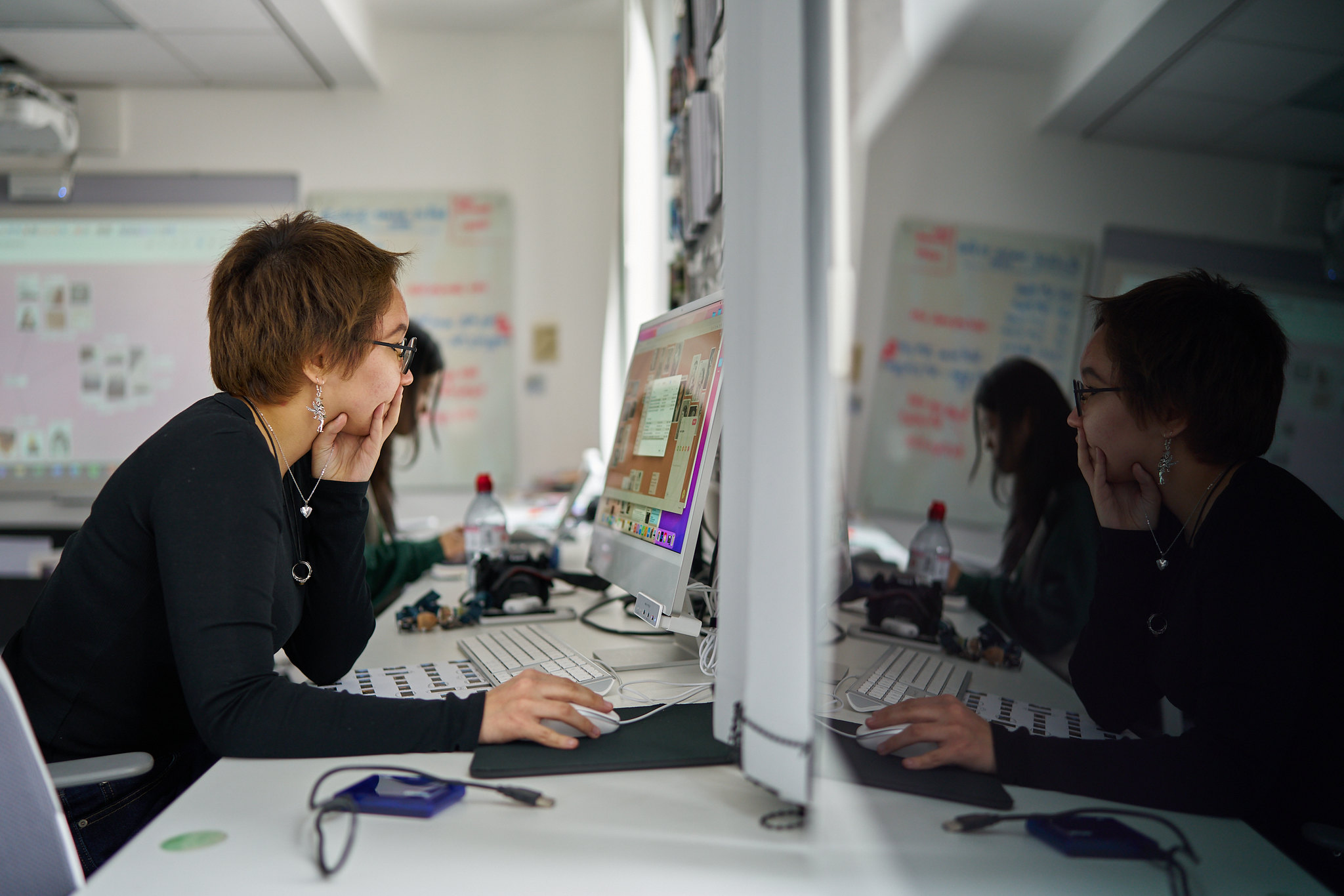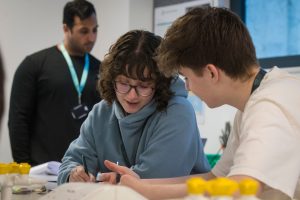The school year is ramping up and all around the UK students are preparing to sit their mock exams. Mocks are one of the unavoidable hurdles students must face in preparation for university. For a teenager in Britain, whilst daunting, mock exams are a rite of passage. They are also an important way of preparing students for their final exams. They help set students up for a successful exam season by teaching them what to expect and how to manage their time efficiently in the lead up to exams.
Students often struggle with anxiety in the lead up to exams and tests as they find the pressure to preform overwhelming. Mock exams take place so that students can learn how to prepare, manage, and approach final exams – it gives our students a chance to overcome these feelings, and makes their chances to performing to their own very high standards much more likely when it comes to the final exams.
Qadeer Afzal, Assistant Principal Academic

Here's everything you need to know about mock exams at CATS Cambridge...
What is a mock exam?
A mock exam is a practice test designed to replicate the experience of a real exam as closely as possible. Taking a mock exam gives students a chance to test their knowledge and understanding of the course material whilst also familiarising themselves with the exam format and question types. Preparing for mock exams allows students to practice time management, revision and exam-taking strategies. Following mocks, they are able to identify areas of weakness and focus their revision accordingly.
Why are mock exams important?
At CATS Cambridge we feel mock exams are important because they offer several benefits for students. Mock exams help students get comfortable with the exam environment and question style, which leads to less anxiety when students are faced with final exams. Mocks are a wonderful opportunity for students to improve their academic performance by identifying and fixing their weak areas using the mock results. They often also review the mock exam papers with teachers, and this allows students to understand their mistakes and receive personalized feedback for improvement.
Do results from mock exams help with university applications in the UK?
Typically, at CATS Cambridge, mock exam results are not directly used in university applications. However, they can, in combination with other factors, influence what predicted grades students are given, which some universities consider alongside exam results. Additionally, good performance in mocks can strengthen a student’s application by demonstrating commitment, hard work, and potential.

What is it like to take a mock exam?
Mock exams usually follow the format of the real exam in the type of questions, length, and time constraints the pose to students. We use either past papers or specially designed questions that mimic the difficulty and style of the real exam and they always take place in an exam hall or similar setting, in order to simulate the atmosphere of the real exam.
What happens after mock exams are finished?
After taking a mock exam, students will usually receive feedback on their performance from their teachers. This is their chance to discuss their mistakes and identify where they need to improve. This information is key to helping them develop a thoughtful revision plan that targets their weaknesses.

What do students find difficult about mock exams?
The biggest struggle students face with mock exams is often the anxiety and stress they feel in the build up to it. The pressure to perform well can be overwhelming, leading to test anxiety and reduced performance. Additionally, some students may struggle with managing their time in the lead up to the exam.
What are your top tips for sitting a mock exam?
- Treat it seriously. If you approach the mock exam like the real thing you will get the most out of it.
- Manage your time, practice time management strategies to ensure you complete all sections in the allotted time.
- Stay calm and focus and don’t panic if you encounter a difficult question. Take a deep breath, focus on the task at hand, and do your best.
- Review your mock exam papers in detail analyse your mistakes and identify areas for improvement. Use this information to focus your revision for the real exam.



